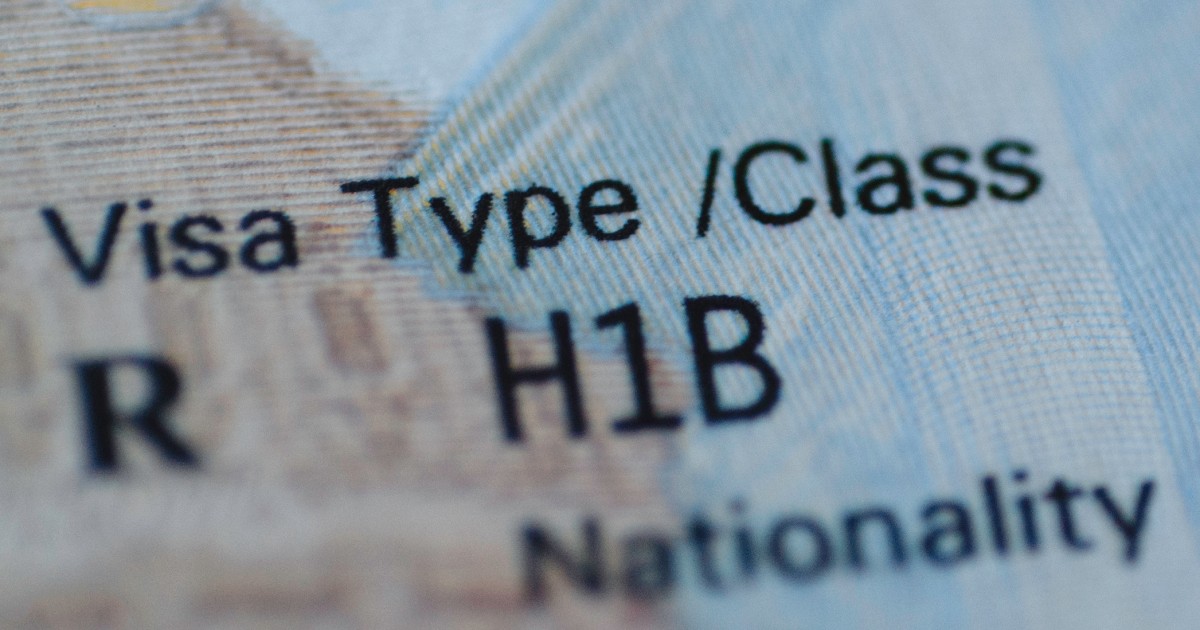Trump-Era H-1B Visa Overhaul: A Look Back at Proposed Changes and Impact
Trump-Era H-1B Visa Overhaul: A Look Back at Proposed Changes and Impact

In a significant move during its tenure, the Trump administration proposed a comprehensive overhaul of the H-1B visa selection process, aiming to prioritize higher-paid and higher-skilled foreign workers. This initiative, which included a new $100,000 fee for certain applications, was intended to reshape the landscape of foreign labor in the U.S. and address concerns about the program’s perceived exploitation.
The proposed policy changes, announced by the Trump administration, sought to replace the existing lottery system with a weighted selection process. This new system would have assigned prospective employees to four different wage bands, with those in the highest category receiving a greater chance of selection. The Department of Homeland Security argued that this revised approach would better align with the H-1B program’s original intent, incentivizing employers to offer higher wages and skilled positions.
The administration’s actions sparked considerable debate regarding the use of foreign labor by U.S. employers, particularly within the Big Tech and outsourcing sectors. The proposed changes, including the substantial increase in application fees, faced a 30-day public comment period and were expected to undergo a lengthy review process before potential adoption. Experts predicted that if implemented, these policies would significantly impact companies hiring lower-wage workers, especially from countries like India and China, and could also pose challenges for startups and smaller businesses unable to match the higher salary requirements of major tech firms.
Both the proposed fee and the selection process overhaul were anticipated to face legal challenges, reflecting the contentious nature of immigration policy during that period. Critics from across the political spectrum had voiced concerns about an over-reliance on the H-1B visa program, suggesting it disadvantaged U.S.-born workers. This historical policy discussion provides context to ongoing debates about skilled immigration and its role in the American economy.
Disclaimer: This content is aggregated from public sources online. Please verify information independently. If you believe your rights have been infringed, contact us for removal.